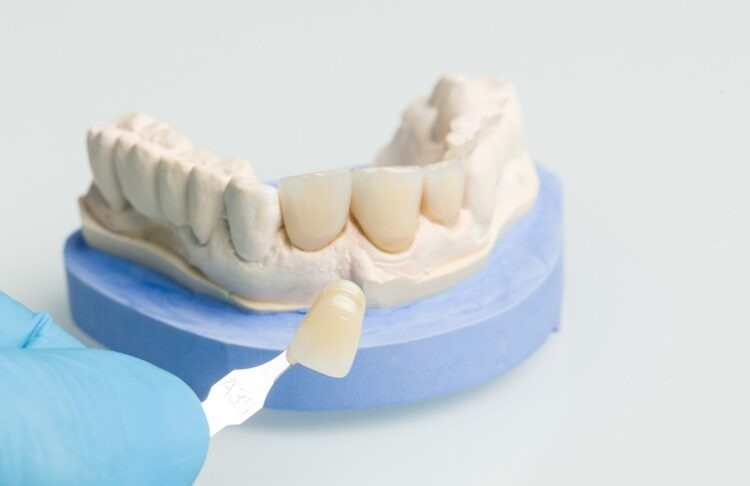Dental crowns are essential restorations designed to strengthen and protect damaged teeth. Numerous situations could indicate the need for a professional dental crown in Oakville, ensuring that dental health is maintained and that functionality is restored. This article will discuss the signs that suggest you might need a dental crown.
Tooth Damage or Decay
One of the most common reasons for requiring a dental crown is severe tooth decay or damage. When a cavity is too large to be repaired with a filling, a dental crown becomes a vital option. It not only covers the tooth but also provides structural support. Regular check-ups at a reliable dentist’s office can help catch issues early, preventing the need for more extensive treatment.
After a Root Canal
Individuals who have undergone a root canal procedure often require a dental crown in Oakville to restore the tooth’s integrity. Following the removal of pulp due to infection or damage, the tooth becomes weakened and is susceptible to fractures. A crown acts as a protective cover, ensuring that the tooth remains functional and is safeguarded against further damage. Consulting with a qualified professional at a dentist office in Oakville can help determine the best course of action following a root canal.
Aesthetic Improvement
Beyond functional needs, dental crowns can also be employed for aesthetic reasons. If a tooth is severely discolored, oddly shaped, or misaligned, a crown can create a uniform appearance. The technological advancements in dentistry have allowed for the development of natural-looking crowns that blend seamlessly with existing teeth. Whether for cosmetic enhancement or to cover imperfections, crowns can significantly improve one’s smile.
Large Fillings
When a tooth has an extensive filling that compromises its strength, a dental crown may be needed. Large fillings can weaken the existing tooth structure, making it more prone to chipping or breaking. In such cases, a crown can reinforce the tooth and provide a more durable restoration. Regular examinations at a local dental practice can help in assessing the need for further restorations as the dental situation progresses.
Tooth Sensitivity
Increased tooth sensitivity can be another indicator that a dental crown may be necessary. If a tooth reacts adversely to hot and cold temperatures or experiences significant discomfort while chewing, it could signal underlying issues. Addressing these symptoms with a professional can lead to a diagnosis that might include the use of a crown to mitigate sensitivity and restore comfort.
Conclusion
Recognizing the signs that indicate the need for a dental crown is vital for maintaining oral health. Whether due to tooth damage, aesthetic considerations, or sensitivity, dental crowns offer a reliable solution to restore and protect teeth. Regular visits to a trusted dentist’s office can help catch potential issues early, preventing the need for more extensive treatments. Don’t delay in seeking professional advice if you suspect that you might need a dental crown.

